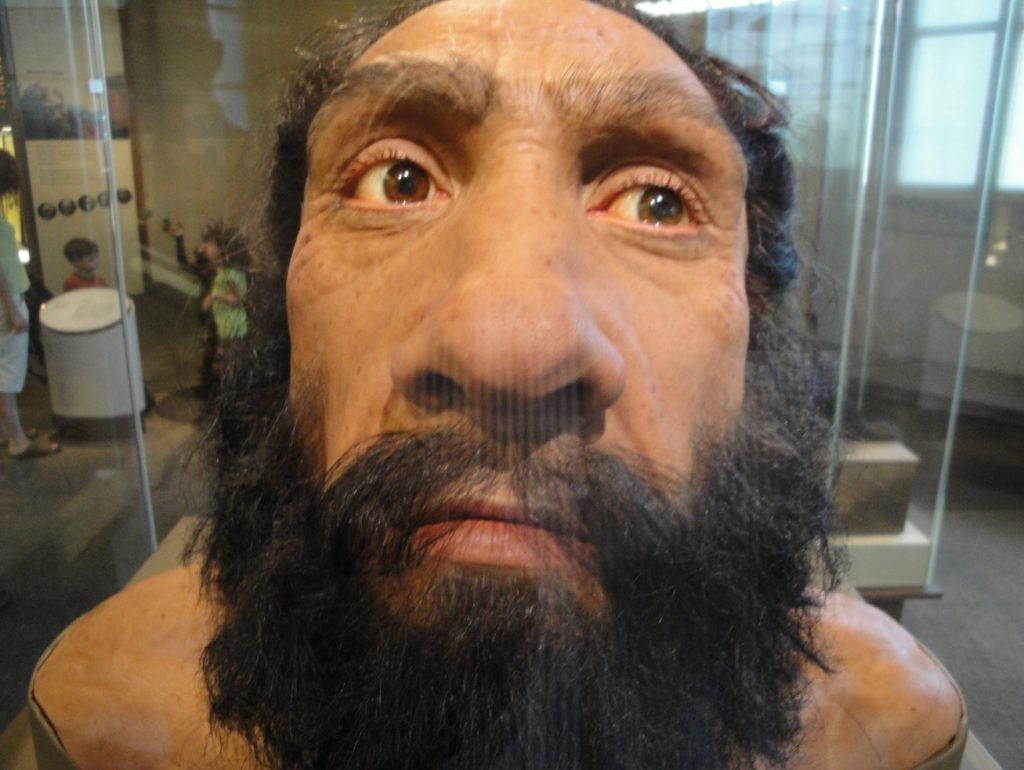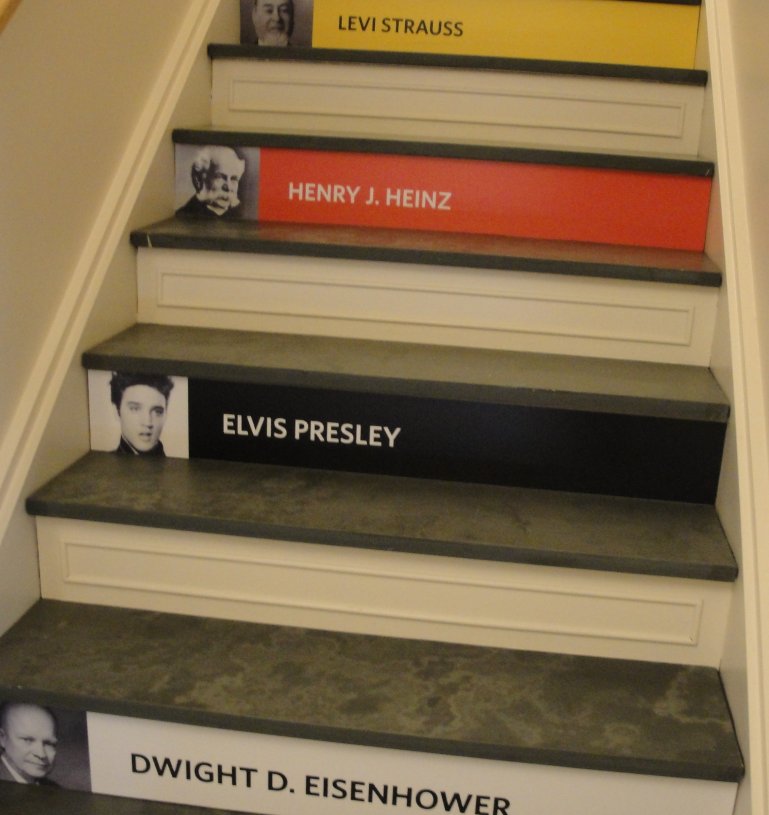My grandfather was an immigrant who came to this country w/o particular skills. Back in those days there were lots of jobs that didn’t require skills and his education was about the same as that of the average American at the time. Today we can still use immigrants, but maybe not those uneducated masses like grandpa.
We should allow MORE legal immigrants,but we should choose the types of people we want and need. Literally millions of smart & skilled people would bring their skills here within days if we would let them. There is no shortage of applicants. WE should choose who gets to come to our country. Sorry, grandpa. Today you need at least a HS education or comparable tech background and you need to speak English if you want to make yourself useful.
People say that we need somebody to do the dirty work that we don’t want to do. This is only partly true. We still need some temporary farm workers, given the seasonality of that work. But there is no reason why these guys cannot go home at the end of the season. If we had a system that allowed them to come when needed and then come back again, I think many would indeed choose to do just that. Besides that, cheap labor is a mixed blessing.
Cheap unskilled labor creates its own demand. We employ lots of people doing crap jobs like blowing leaves because they work cheap. If we didn’t have cheap labor, we wouldn’t bother doing many of these jobs or we would use machines to do them. Cheap labor makes it less profitable to invest in new technologies to replace labor. We “need” cheap immigrant labor because we have cheap labor. Many jobs could be restructured or replaced by machines if we had to pay more for workers. It is a fairly simple equation.
I used to load cement bags. They had a dozen of us piling bags on pallets. Now they have one guy with a machine. We used to work twelve hour days; this guy doesn’t even come in to work every day. They don’t even use the bags at all most of the time. Now they just load cement directly. Dozens of dirty jobs have been eliminated by redesign. Some smart guy’s ideas replaced our many dirty and blistered hands. But if labor had been really cheap, nobody would have bothered doing that. Cheap labor retards development in anything but they very short run.
The fact is that you don’t get prosperous by hard work and there is nothing virtuous about working hard at low productivity. That is just for people who don’t know any better or are doing it for the exercise. People in the past worked physically harder than we do now and people in many poor countries still do but none of us wants to trade places with them. The key to prosperity is managing the connections, understanding the exchanges and working smarter. That is why we pay so little for unskilled labor. It is not worth very much. Knowing what to do and how to do it better is almost always worth more than actually performing the task. Brains won the battle with brawn long ago, even if some still ain’t heard the word.
Some jobs cannot be automated, but many of those jobs now done by immigrants used to be done by American teenagers or college students and could be again. I worked at McDonald’s, Burger King and several Italian restaurants whose names I cannot recall when I was in HS and college. My kids had trouble finding work at fast food places because they were competing with immigrants who would work almost full time. I say almost full time because employers are very careful not to let them work 40 hours where they would get benefits. Employers prefer immigrants to American young people because they are more reliable and easier to exploit. These are not indispensable reasons and may not even be good ones.
I don’t want my country to be competitive in low-wage industries, so I prefer not to import low-wage workers. I like the guys who come to America and open businesses, make software or do some things that create wealth. Immigrants account for about a third of the tech workforce in Silicon Valley. These guys make the big bucks and they create jobs in America. Good. Let’s have more of them and fewer of the cheap ones.











